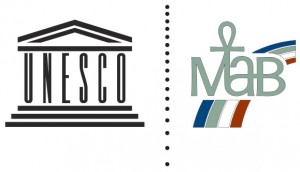
Dr Maharaj Vijay Reddy from the School of Tourism has carried out a research project for UNESCO Paris on the Andaman and Nicobar Islands of India – exactly before 10 years in 2002-2003. The purpose of this 8-month project on one of the remotest and most sensitive destinations of the world was to identify potential natural and cultural properties for UNESCO World Heritage nominations and extend further dialogues with the local, national and international parties for conservation and sustainable development.
During those years, research supported by foreign organizations of any kind is often perceived as security threat or as having foreign strings attached to projects owing to the Andaman Nicobar sensitivity issues. Some 24 potential islands in both the Andaman and Nicobar groups were selected and were then visited by Dr Vijay Reddy for the study after the pilot survey. The project consulted several officials including Indian government ambassador, senior staff from the UNESCO World Heritage Centre, UNESCO Intergovernmental Oceanographic Commission, UNESCO New Delhi, Ministry of Environment and Forests in New Delhi; Andaman Nicobar Administration officials such as the Chief Secretary and Director of the Department of Tourism, and local researchers, politicians and indigenous community. The project identified two sites that were considered to have outstanding cultural and natural potential and recommended for UNESCO designation: (1) Ross Island and the Cellular Jail and (2) the Great Nicobar Biosphere Reserve. Since then, there were several official meetings and negotiations were initiated by UNESCO Paris and the Indian Government Departments. Based on the findings, Dr Reddy has published a paper entitled “World Heritage Site selection in sensitive areas: Andaman and Nicobar Islands” in the Journal of Heritage Tourism in 2009 (Vol 4; pp 267-285). The Great Nicobar was nominated twice in 2010 and in 2012 for the UNESCO Man and Biosphere (MAB) designation.
The International Coordinating Council of UNESCO MAB met during 27 to 30 May 2013 has considered and added the Great Nicobar Biosphere Reserve and 11 other sites to the World Network of Biosphere Reserves. The additions bring the total number of UNESCO biosphere reserves to 621 in 117 countries: http://www.unesco.org/new/en/natural-sciences/about-us/single-view/news/twelve_sites_added_to_unescos_world_biosphere_reserve_network/
Dr Vijay Reddy recently communicated with UNESCO MAB Paris and said he is “delighted to hear the news of the approval of Great Nicobar as a UNESCO biosphere reserve”. On this occasion, Dr Reddy would like to thank UNESCO Paris; Mr Asheem Srivatsav (Ministry of Environment and Forests, New Delhi); Mr Akash Mohapatra (Department of Tourism, Andaman Islands); Mr Harry Andrews (the Andaman and Nicobar Environmental Team, Andaman Islands); and many others who offered assistance for his project in 2002-03. Dr Reddy says the credit also goes to the excellent researchers worked / working ‘continuously in such challenging locations’ of the Great Nicobar that strengthened the Great Nicobar dossier. This international approval by UNESCO MAB will hugely help the stakeholders to control problems like illegal poaching and other environmental concerns related to the Great Nicobar Biosphere Reserve.
 In my role, frequently I am asked about what is impact and how engagement work can lead to impact. There is, sadly, no easy answer to these questions – which proves especially challenging in the development of impact case studies for the REF or research proposals requiring an impact summary and a pathways to impact statement. To an extent, appropriate engagement and impact is highly dependent upon the nature of the research in question and the researcher(s) involved – but again that does not provide any easier answers on how to develop impact or demonstrate excellence. With the REF2014 submission looming in November, much discussion of impact seems to focus on the difficulties associated with writing impact case studies, understanding our approach to impact since 2008 and what will be our future impact strategy. Thus, much discussion of impact is tainted with negativity, not helped by wider discussion around the funding of research and what is most beneficial to society.
In my role, frequently I am asked about what is impact and how engagement work can lead to impact. There is, sadly, no easy answer to these questions – which proves especially challenging in the development of impact case studies for the REF or research proposals requiring an impact summary and a pathways to impact statement. To an extent, appropriate engagement and impact is highly dependent upon the nature of the research in question and the researcher(s) involved – but again that does not provide any easier answers on how to develop impact or demonstrate excellence. With the REF2014 submission looming in November, much discussion of impact seems to focus on the difficulties associated with writing impact case studies, understanding our approach to impact since 2008 and what will be our future impact strategy. Thus, much discussion of impact is tainted with negativity, not helped by wider discussion around the funding of research and what is most beneficial to society.
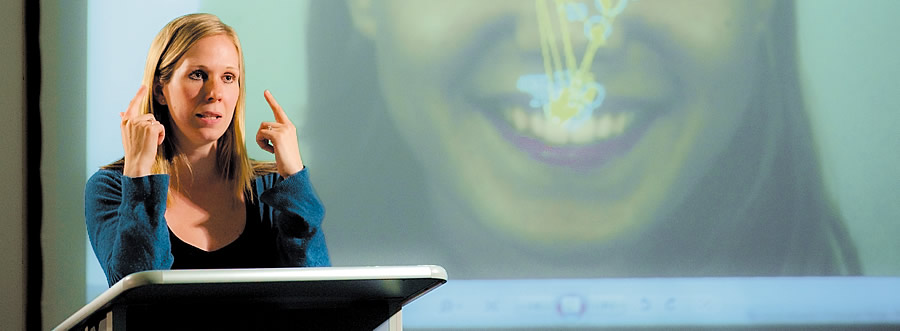 Well, the first day of the Festival of Learning is very nearly done and dusted (the last events finish at 9pm) and what a day it has been! I would love to hear your reflections on the day, please do
Well, the first day of the Festival of Learning is very nearly done and dusted (the last events finish at 9pm) and what a day it has been! I would love to hear your reflections on the day, please do 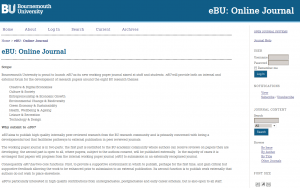
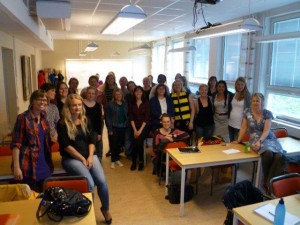


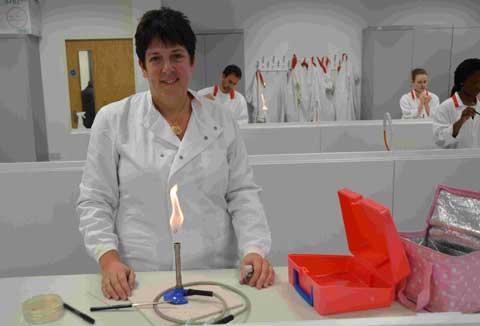 Monday is a very exciting day or BU with the Festival of Learning finally commencing! Don’t forget, the Festival is not only for public, as members of staff you are very welcome to come and attend events. This is a great opportunity for members to learn more about what we do across BU. So what could you go to today? We still have some places for some events on a first come, first served basis so do come and stop by to support your colleagues.
Monday is a very exciting day or BU with the Festival of Learning finally commencing! Don’t forget, the Festival is not only for public, as members of staff you are very welcome to come and attend events. This is a great opportunity for members to learn more about what we do across BU. So what could you go to today? We still have some places for some events on a first come, first served basis so do come and stop by to support your colleagues.










 Connecting Research with Practice: FoodMAPP Secondment in Austria and France
Connecting Research with Practice: FoodMAPP Secondment in Austria and France Health promotion paper read 8,000 times
Health promotion paper read 8,000 times The Beautiful Work Challenge: On Birth
The Beautiful Work Challenge: On Birth Free event on Solutions to Inequalities in Dementia Diagnosis and Care
Free event on Solutions to Inequalities in Dementia Diagnosis and Care MSCA Postdoctoral Fellowships 2025 Call
MSCA Postdoctoral Fellowships 2025 Call ERC Advanced Grant 2025 Webinar
ERC Advanced Grant 2025 Webinar Horizon Europe Work Programme 2025 Published
Horizon Europe Work Programme 2025 Published Horizon Europe 2025 Work Programme pre-Published
Horizon Europe 2025 Work Programme pre-Published Update on UKRO services
Update on UKRO services European research project exploring use of ‘virtual twins’ to better manage metabolic associated fatty liver disease
European research project exploring use of ‘virtual twins’ to better manage metabolic associated fatty liver disease